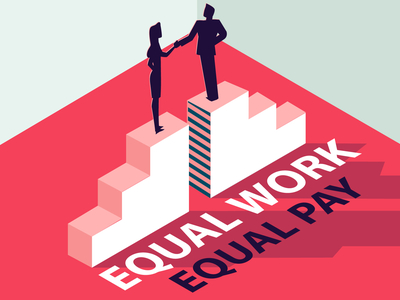André Zimmermann, a Certified Specialist for Employment Law (Fachanwalt für Arbeitsrecht) heads Orrick’s employment law practice in Germany. André has been advising on complex employment law issues for more than 15 years, with a focus on the employment law aspects of M&A transactions, restructurings and headcount reductions, and a special sector focus on technology companies.
André advises companies of all stages, pre-IPO startups, scaleups, unicorns and international corporations on a wide range of matters, having handled everything from day-to-day practical advice tailored to his clients’ needs, to complex multi-jurisdictional transactions from strategic planning through post-merger integration. Having long-standing experience in negotiating with works councils and unions in restructuring measures of all kind, a special focus of André's practice is on restructurings and headcount reductions.
He has advised on the employment law aspects in over 300 M&A transactions and financing rounds across various industries. Transactional advice includes employment law advice in complex, international technology transactions, M&A projects as well as private equity and venture capital investments, from due diligence to post-closing integration.
André has thorough knowledge of and a genuine passion for the tech industry. Over the last years, André has become the go-to-advisor of several Bay Area tech-companies, leaders in their market and high-growth tech companies. Most recently, he has advised leading global technology companies such as GoPro, Pinterest, GitHub, Nvidia, Sabre, Snap and Splunk on various employment matters.
André has received several awards for his work, inter alia:
- Germany's leading lawyer ranking JUVE recognizes André as "frequently recommended" employment law expert since 2017;
- Best Lawyers and Handelsblatt have listed André as one of Germany's best lawyers in employment law since 2020;
- Germany's leading business weekly WirtschaftsWoche ranked André as one of the top employment lawyers in Germany in 2019;
- IEL Elite, an in-house guide to the world’s leading employment and labour teams, recognized André as a "Key Lawyer" in 2022.
Clients recommend André to JUVE as “straight shooter" and "always refreshingly honest". Our clients praise his "creative and efficient style of working" and "a very practical and efficient style of providing advice", referring to him as "extremely responsive and always accessible" and as "an excellent advocate in court hearings". Clients appreciate André's "clear, sound and pragmatic real-world advice" and his "in-depth knowledge of the tech employment world".

Germany is not exactly known to be a pioneer when it comes to equal pay. In Germany, the pay gap remains particularly large and is only closing slowly, according to the Federal Statistical Office. The Federal Labor Court now took a step ahead to strengthen women’s rights in its latest ruling which will enable women to enforce their rights and simplify proceedings in equal-pay cases by putting the burden of proof on employers. READ MORE →



